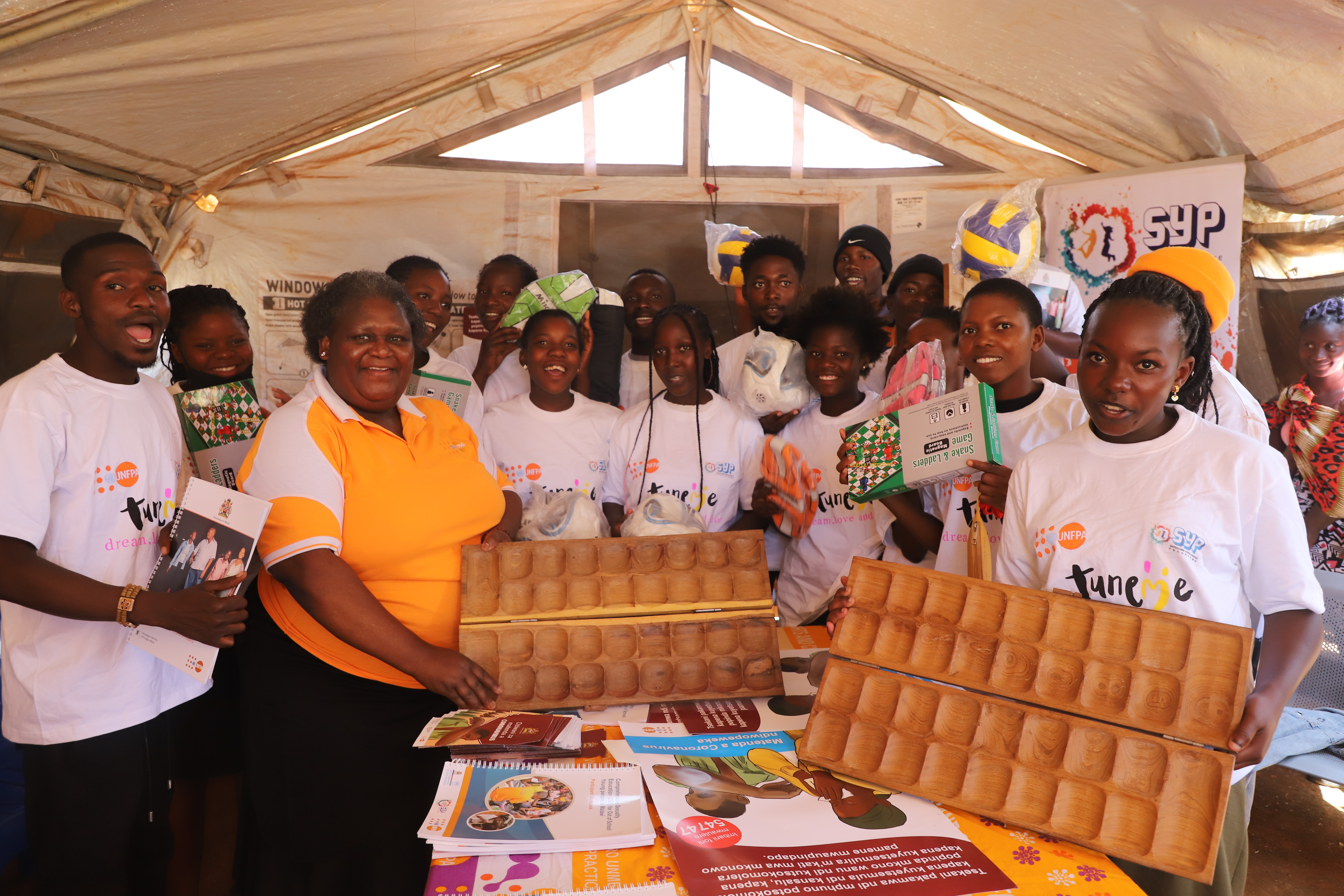Mzuzu, Malawi--Emmanuel Msiska was born and raised in Zolozolo, one of the populous townships in Mzuzu City, situated in Mzimba North. Growing up, Emmanuel never worried about his safety. There was a camaraderie in the neighbourhood. Every took care of each other.
But for the past few years, his township has gain notoriety for being the most dangerous place in the city. Every corner of the dusty streets has been occupied by gangs of youth who are frequently clashing, albeit, violently to claim territory.
“I no longer feel safe to walk in the streets when its dark,” says Emmanuel a youth leader in the area. “Members of these gangs become violent after drinking or abusing drugs. And it’s never a pleasant experience when you meet them in that state.”
Mzimba north has a total population of 555,817 and out of this figure 177,861 are youths who represent 32 percent of the total population. Lack of opportunities has been blamed for driving many of these youths into drug and alcohol abuse. And the problem hasn’t spared girls either.
“In the same neighbourhood, they also have a well-known gang of girls,” said Mr. Geoffrey Mwase District Youth Officer for Mzimba North. “This shows the extent to which the youth are being affected by the current situation where there are no job opportunities for them.”
The errant behaviour among the youth has seen the district recording increased number of sexually transmitted diseases (STIs) and child births among the youth. For example, in the first quarter of 2021, the district recorded 392 STIs among the youth and in the same quarter in 2022, it recorded 580. The same with child birth. In the first quarter of 2021 there were 580 born from adolescent girls and in 2022, the number increased to 645.

As one way of supporting the youth in the district, UNFPA reached out to the district with recreational materials for two youth centres’ through the Safeguarding Young People (SYP) programme funded by the Swiss Agency for Development and Cooperation (SDC). Although the SYP programme is not implemented in the district, it reached out to the young people through the Tune Me, which is an online comprehensive sexuality education (CSE) tool accessible by all youth in the country.
Through social features and content designed to engage users rather than lecture, Tune Me aims to equip adolescents with the information and motivation they need to make better choices.
“We had an activity with one of the popular musician in the country who was launching his album in the district and we partnered with him to promote the Tune Me facility,” said Ms. Rose Khonje, UNFPA Youth Officer. “And we had one outstanding activity and felt we could reach out to the youth and also orient them in how to access and use Tune Me.”
Receiving the recreational material on behalf of the youth groups, Mr. Mwase expressed his appreciation saying Government alone cannot manage to offer all the required services to the youth.
“I sincerely thank UNFPA for this support,” he said. “It will go a long way to help the youths to keep them busy and away from drugs.”
Another youth leader, Ethel Banda from Mapale thanked UNFPA for coming to their aid and introducing them to Tune Me. She said many organisation choose to focus on rural youth at the expense of young people leaving in urban areas.
“We are thought of as having the means but it’s not always the case,” said Ethel. “Many youths are also experiencing the same problems as those faced by rural youths and hence need for such support.”
By Joseph Scott, Communications Analyst


